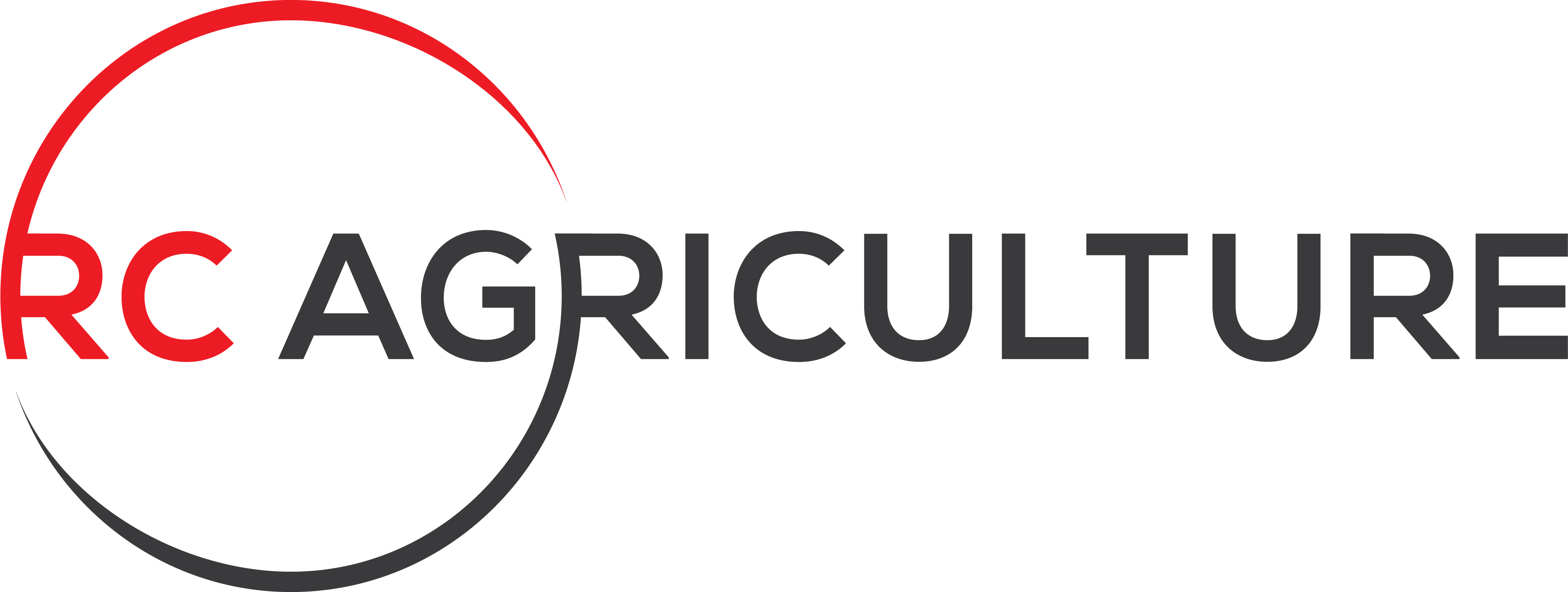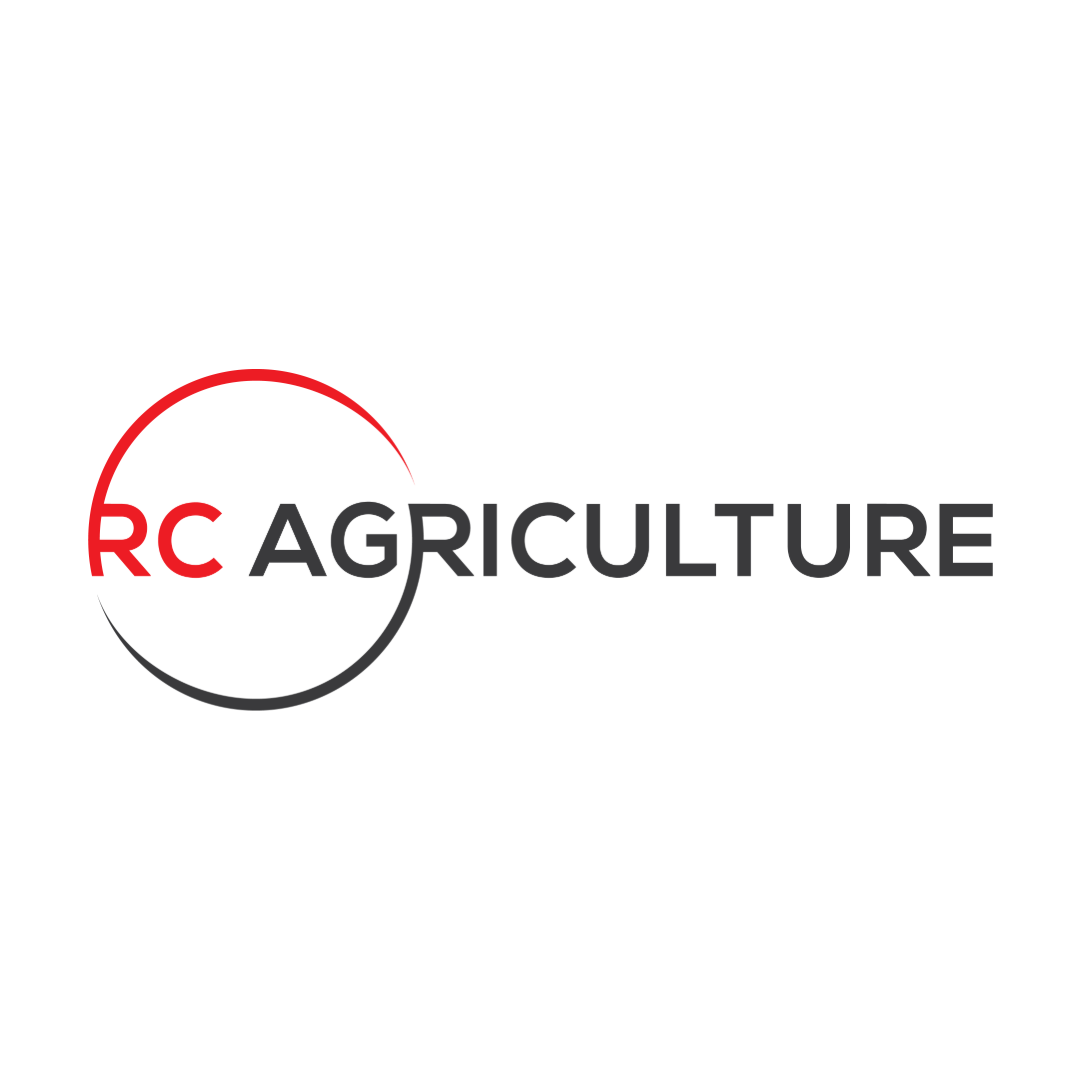Recent studies by Beck’s Hybrids have provided valuable insights into the return on investment (ROI) for corn farmers utilizing drones for fungicide applications. When compared to traditional ground-based and aerial methods, drones are proving to be a game-changer in terms of efficiency, precision, and profitability.
Drone vs. Ground-Based Applications
Beck’s Hybrids’ trials over two years have highlighted significant advantages of drone applications over ground sprayers. The key findings include:
- Yield Increase: Drone applications resulted in an average yield increase of 3.4 bushels per acre in corn.
- ROI Impact: This yield gain translated to a positive ROI of $14.75 per acre for drone applications, compared to only $4.84 per acre for ground sprayers.
- Reduced Crop Damage: Unlike ground sprayers, drones eliminate the risk of crop trampling and soil compaction, preserving plant health and maximizing yield potential.
Drone vs. Aerial (Plane) Applications
Drones have also demonstrated strong performance when compared to traditional aerial (plane) applications:
- Yield Gains: Drones delivered a 5.3 bushels per acre increase over untreated controls, while planes saw a slightly higher gain of 5.7 bushels per acre.
- Cost Efficiency: The ROI for drones stood at $6.13 per acre, making them a competitive alternative, likely due to lower operational costs and precise application capabilities.
Advantages of Drone Applications
- Precision and Efficiency: Drones can navigate challenging terrains and small or irregularly shaped fields, ensuring thorough coverage without the limitations of ground equipment.
- Reduced Crop Damage: Unlike ground sprayers, drones eliminate the risk of crop trampling and soil compaction, preserving plant health and soil structure.
- Operational Flexibility: Drones can operate in conditions where traditional equipment might struggle, such as wet fields or areas with obstacles, ensuring timely applications.
- Enhanced Canopy Penetration: The rotor wash from drone propellers creates downward air movement, pushing fungicide deeper into the canopy for improved coverage and better disease control.
The Future of Drone Applications in Agriculture
As drone technology continues to advance, their role in precision agriculture will only expand. The ability to provide targeted applications, reduce input costs, and maximize yield makes drones an invaluable tool for modern farmers.
For those looking to increase efficiency and profitability, adopting drone technology for fungicide applications is a smart investment. With the data-backed advantages over traditional methods, drones are set to become a staple in sustainable and profitable farming.
For a more in-depth discussion on this topic, check out Beck’s Hybrids’ research and watch this video: The Fungicide Showdown: Ground vs. Aerial Applications | The Dig


